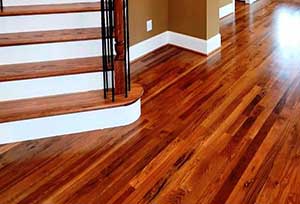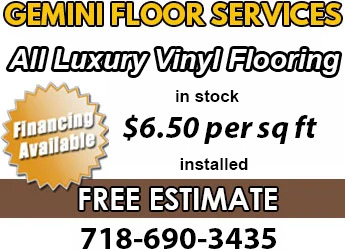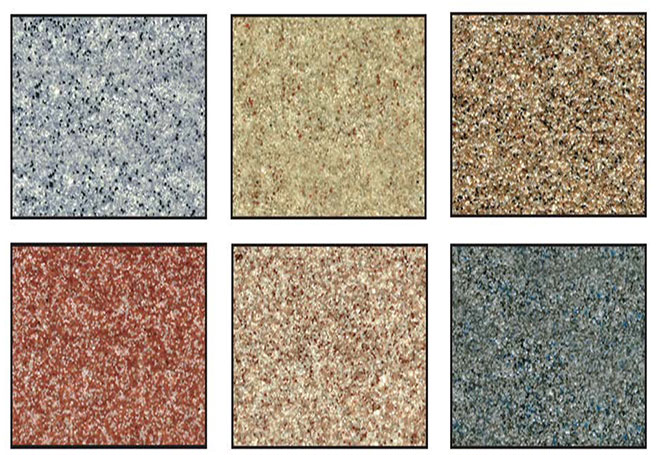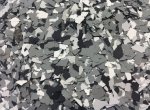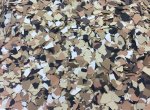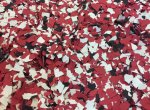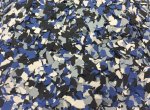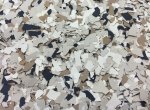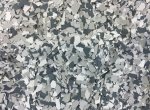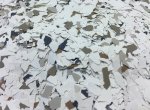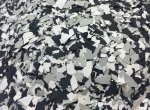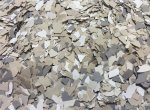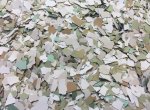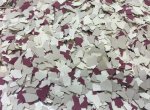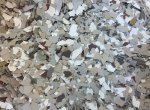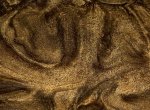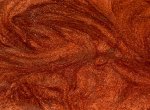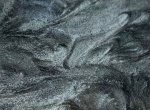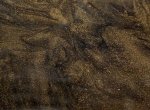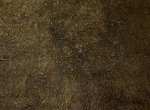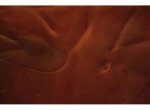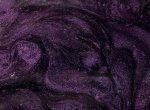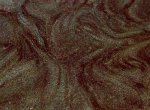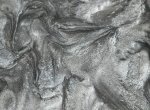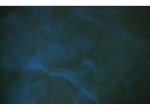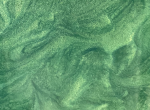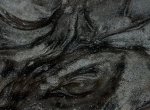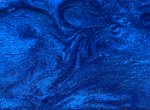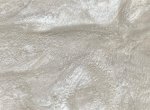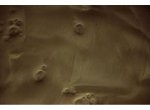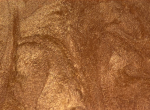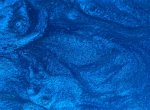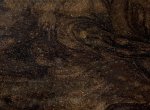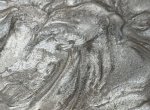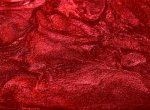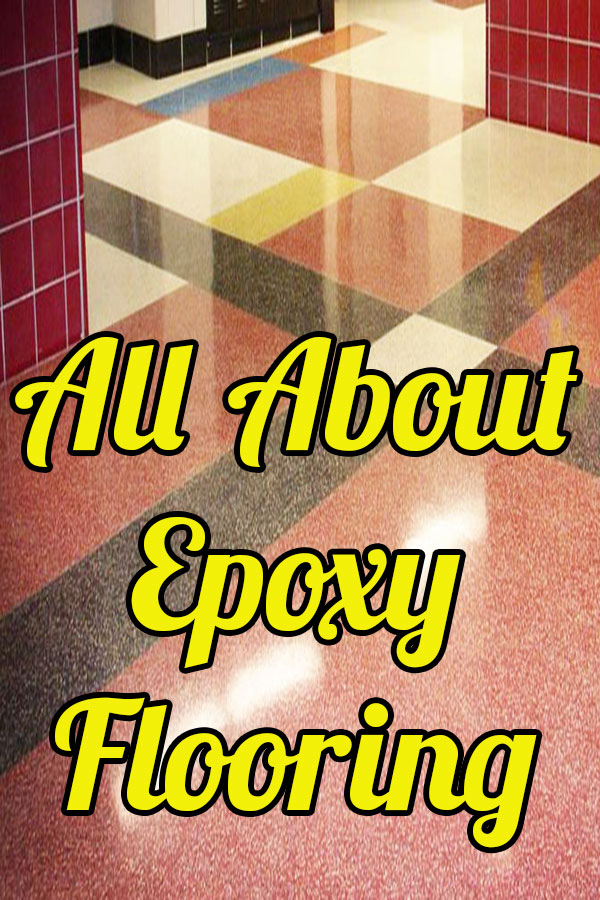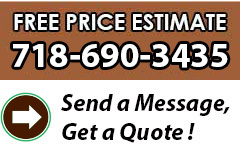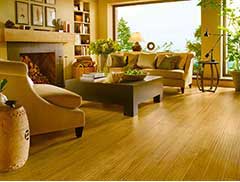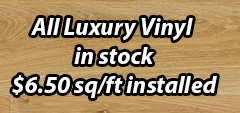 Epoxy flooring systems are extremely durable & customizeable resin coatings for concrete floors. Gemini Floor Services offers professional epoxy floor installation for residential, commercial & industrial settings. These epoxy floor coatings (also known as concrete overlays & micro toppings) come with a wide variety of features and designs. Various resins, aggregate, colors & techniques combine to achieve high durability, slip resistance and many decorative options.
Epoxy flooring systems are extremely durable & customizeable resin coatings for concrete floors. Gemini Floor Services offers professional epoxy floor installation for residential, commercial & industrial settings. These epoxy floor coatings (also known as concrete overlays & micro toppings) come with a wide variety of features and designs. Various resins, aggregate, colors & techniques combine to achieve high durability, slip resistance and many decorative options.
Epoxy floor coatings are a combination of resins and hardeners, which chemically react when mixed, forming an ultra durable coating that adheres to concrete slabs. Most epoxy products are a mix of polymer resins combined with sand and cement. Epoxy overlays can vary in thickness depending on the circumstances & chosen features. They can be anywhere from a few millimeters up to an inch thick.
What is Epoxy Flooring Used For ?
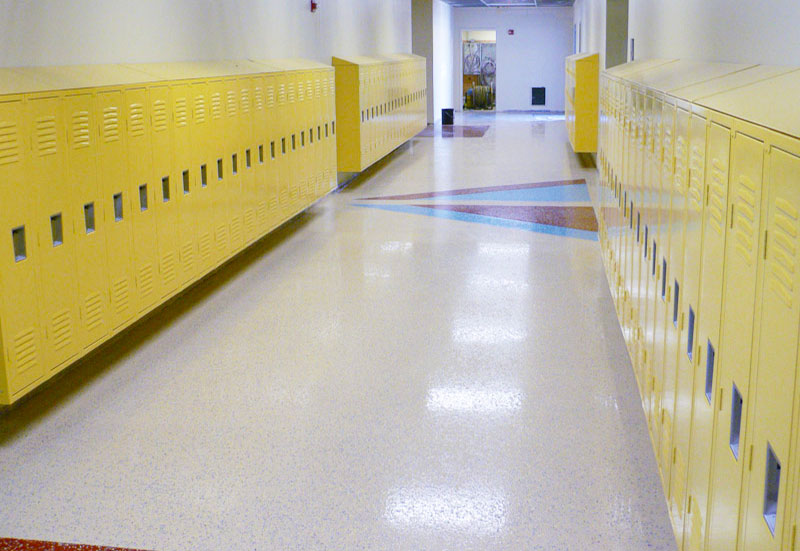 Epoxy coatings are often used on concrete slabs which are too worn, cracked or pitted for concrete polishing. An epoxy overlay can cover over imperfections in concrete slabs. Epoxy mortar & other self leveling epoxy overlays can make good use of slabs which are even too worn to be used for polishing or any other type of flooring.
Epoxy coatings are often used on concrete slabs which are too worn, cracked or pitted for concrete polishing. An epoxy overlay can cover over imperfections in concrete slabs. Epoxy mortar & other self leveling epoxy overlays can make good use of slabs which are even too worn to be used for polishing or any other type of flooring.
Epoxy is also the recommended choice for extreme durability in industrial settings where the flooring is continually subjected to heavy loads, high impacts & contact with chemicals & corrosive substances. Professionally installed epoxy overlays look & shine just like polished concrete. They can also be stained & dyed. In every way the design, appearance & performance capabilities match those of polished concrete. Yet epoxy coatings can be even more durable & impervious. Epoxy mortar and self leveling overlays are practically indestructible.
Because concrete overlays also offer a wide spectrum of colors & designs they are a popular choice for businesses & residences as well. They are a cost effective way to revitalize & repurpose old, worn, cracked & stained concrete slabs. Epoxy coatings are commonly used to replace tile flooring on concrete. Perhaps the most common epoxy flooring in residences is the garage epoxy floor which is protected from liquid, salts, automotive fluids, etc. Epoxy coatings can also be applied over existing epoxy coatings making it possible to easily change the floor color and design.
Epoxy flooring is often used for:
Garages • Basements • Warehouses • Hospitals • Showrooms • Nightclubs • Salons • Malls • Workshops • Restrooms • Food prep areas • Laboratories • Lobbies • Retail Stores • Break Rooms • Manufacturing Plants • Food Processing Plants • Schools • Museums • Restaurants • Bars • Commercial Kitchens • Grocery Stores • Stadiums • Galleries • Office Buildings • Residential • Conference Rooms • Clinics • Medical Offices • Laundromats • Churches
Can Epoxy Flooring Be Installed On Any Concrete Slab ?
 Epoxy overlays can be installed on almost any concrete slab. Some slabs however could be too heavily cracked, stained or unstable for epoxy coating. Any suitable concrete slab must be properly prepared for a successful installation. Proper preparation is extremely important for a successful installation & can be the most time consuming part of the installation process. Residue is removed by grinding the floor. Dirt & dust must then be thoroughly removed & stains cleaned with specialized products. Cracks may need to be filled. Some types of overlays like epoxy mortar and other self leveling overlays will cover & fill in cracks by themselves. The surface must be dry and free of excess ground moisture. A moisture barrier primer must be applied to seal the surface. This will ensure proper bonding of the epoxy to the concrete. Excess ground moisture or insufficient moisture barrier application can compromise the bond and cause buckling & bubbling. Once the concrete slab is prepared it can then be primed, epoxy coated, colored with stain or dye and finally top coated with urethane sealer. Most applications cure in 24 hours though the entire process could take a few days.
Epoxy overlays can be installed on almost any concrete slab. Some slabs however could be too heavily cracked, stained or unstable for epoxy coating. Any suitable concrete slab must be properly prepared for a successful installation. Proper preparation is extremely important for a successful installation & can be the most time consuming part of the installation process. Residue is removed by grinding the floor. Dirt & dust must then be thoroughly removed & stains cleaned with specialized products. Cracks may need to be filled. Some types of overlays like epoxy mortar and other self leveling overlays will cover & fill in cracks by themselves. The surface must be dry and free of excess ground moisture. A moisture barrier primer must be applied to seal the surface. This will ensure proper bonding of the epoxy to the concrete. Excess ground moisture or insufficient moisture barrier application can compromise the bond and cause buckling & bubbling. Once the concrete slab is prepared it can then be primed, epoxy coated, colored with stain or dye and finally top coated with urethane sealer. Most applications cure in 24 hours though the entire process could take a few days.
Epoxy Concrete Overlay Design & Performance Options
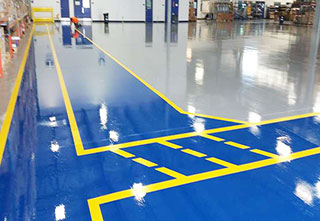 Epoxy Flooring offers virtually unlimited design possibilities: It can be made any color, combination, pattern or design with stains & dyes • Aggregate, colored quartz, metallic micro & macro chips (flakes) & unique pieces (terrazzo) can be added for enhancement • Different types of topcoats and colored sand can be applied to achieve varying designs and levels of slip resistance, static resistance & texture • Logos, patterns & designated markings can be done with stains & dyes or stamped into the epoxy • Coloring and stamping techniques can be used to mimick natural materials such as wood, stone & brick.
Epoxy Flooring offers virtually unlimited design possibilities: It can be made any color, combination, pattern or design with stains & dyes • Aggregate, colored quartz, metallic micro & macro chips (flakes) & unique pieces (terrazzo) can be added for enhancement • Different types of topcoats and colored sand can be applied to achieve varying designs and levels of slip resistance, static resistance & texture • Logos, patterns & designated markings can be done with stains & dyes or stamped into the epoxy • Coloring and stamping techniques can be used to mimick natural materials such as wood, stone & brick.
Benefits of Epoxy Flooring
Low maintenance – no waxing or polishing required, only once a week water wiping & occasional seal coat • Easy to clean • Long lasting • Extremely durable • Highly resistant to impacts, cracks & chips • Withstands high traffic • Scratch resistant • Waterproof • Impervious to liquids, oils, chemical and other corrosive substances • Hypoallergenic • Resists dust, mold, moisture • Low VOC • Environmentally friendly • Safe • Seamless – no dirt getting between seams • Slip resistant • Easily changed with another epoxy coat • Decorative • Customizeable • Wide variety of colors & designs • Cost effective – relatively low install & maintenance cost • Reflectivity can reduce lighting costs • Retains heat & air conditioning • Fire resistant • UV resistant • Insect resistant • Doesn’t shrink/expand with temperature changes • Can be installed at varying thickness to suite needs •
100% Solids Epoxy vs Solvent Based & Water Based Epoxy Coatings
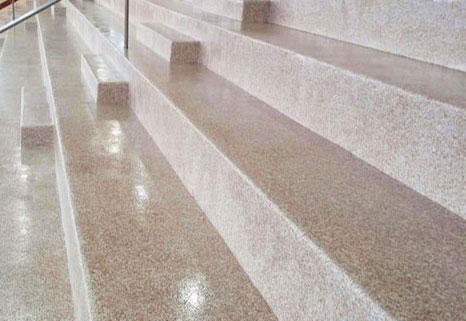 There are various types of epoxy coating products which vary widely in quality. The highest quality professional epoxy products contain 100% epoxy solids and offer the highest durability & longevity, around 20 years. They require experienced professional application due to their fast cure time. Epoxy coatings are applied like paint but you cannot compare professional epoxy to oil based, water or enamel paints or even DIY water or solvent based epoxy paints. The general rule is that the higher the percentage of epoxy solids the higher the quality & cost. Solvent based epoxy products offer 30% to 70% epoxy solids and when applied result in a thin layer of epoxy. Much of the DIY epoxy products sold in big box stores are water based. They can be easily applied and are much cheaper but are far less durable and don’t last nearly as long.
There are various types of epoxy coating products which vary widely in quality. The highest quality professional epoxy products contain 100% epoxy solids and offer the highest durability & longevity, around 20 years. They require experienced professional application due to their fast cure time. Epoxy coatings are applied like paint but you cannot compare professional epoxy to oil based, water or enamel paints or even DIY water or solvent based epoxy paints. The general rule is that the higher the percentage of epoxy solids the higher the quality & cost. Solvent based epoxy products offer 30% to 70% epoxy solids and when applied result in a thin layer of epoxy. Much of the DIY epoxy products sold in big box stores are water based. They can be easily applied and are much cheaper but are far less durable and don’t last nearly as long.
Epoxy Mortar Flooring
Epoxy mortar flooring is composed of 100% epoxy solids combined with graded quartz (sand). It is the most durable type of flooring available & is a type of self leveling epoxy flooring. Epoxy mortar & other self leveling epoxy floors are much thicker and therefore the most costly. Epoxy mortar is recommended for industrial & commercial settings where extreme durability is required. These floor systems resist high traffic, heavy impacts & loads, thermal shock, staining & corrosion. They are ideal for restoring cracked & damaged concrete floors as well as coating new concrete floors. Urethane mortar is also an option recommended for food processing plants requiring the highest thermal shock resistance. Epoxy or urethane mortar coatings are usually 1/8 – 3/8 inches thick. Dry time is typically 24 hours. Epoxy mortar floors are often used for:
Warehouses with heavy loaded forklifts • Manufacturing plants • Chemical plants • Pharmaceutical plants • Food processing facilities • Restrooms • Laboratories • Auto repair shops
Self Leveling Epoxy Flooring
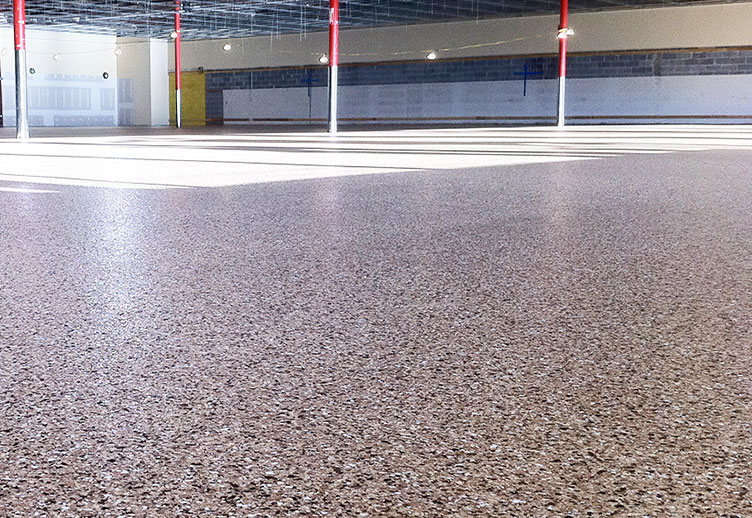 Self leveling epoxy is a thick epoxy coating which is poured on & troweled in place. As it’s poured the epoxy is spread around with a large trowel & evened out with spiked rollers by workers wearing spiked shoes. Once the epoxy is spread out it levels itself as it cures. The result is a super smooth, easy to clean surface. Other types of epoxy floors which have a thinner layer are applied with paint rollers & give an orange peel type texture. Self leveling epoxy is used often to coat damaged concrete slabs. It fills in and covers over cracks & blemishes & restores a floors’ integrity.
Self leveling epoxy is a thick epoxy coating which is poured on & troweled in place. As it’s poured the epoxy is spread around with a large trowel & evened out with spiked rollers by workers wearing spiked shoes. Once the epoxy is spread out it levels itself as it cures. The result is a super smooth, easy to clean surface. Other types of epoxy floors which have a thinner layer are applied with paint rollers & give an orange peel type texture. Self leveling epoxy is used often to coat damaged concrete slabs. It fills in and covers over cracks & blemishes & restores a floors’ integrity.
Self leveling epoxy flooring is a lot more expensive than paint roller applied epoxy coatings. This is because the product must be professionally applied & because it’s poured on using 8-10x the amount of epoxy. This creates a much thicker layer than a standard epoxy coat. Thus it has the highest durability, resistance & aesthetic appeal. As with any epoxy floor, design options are practically unlimited. Coatings are typically 2-3mm and can be up to 1 inch thick. Self leveling epoxy floors are often used for:
Schools • Garages • Basements • Manufacturing plants • Hospitals • Malls • Retail stores • Showrooms • Food processing facilities • Industrial facilities
Terrazzo & Decorative Aggregate Epoxy Floors
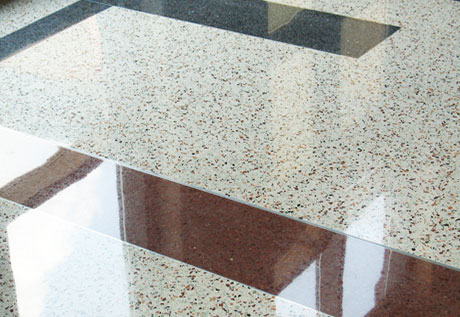 Terrazzo epoxy, or aggregate epoxy floors are a design feature of epoxy coatings that is applied with various types of decorative aggragate or pieces of material. The aggregate can be either blended into the epoxy and then applied with a trowel, or can be manually broadcast (sprinkled) over the applied epoxy. For some types of aggregate the floor is ground with a polishing machine after curing to smooth the surface. A textured surface will remain that has anti slip quality adding safety to areas exposed to moisture like kitchens, restrooms or loading areas. As with any type of epoxy, aggregate epoxy flooring can be used in any residential, commercial or industrial space. Aggregate adds texture, durability and aesthetic appeal to the epoxy coating. The various types of aggregate pieces can be:
Terrazzo epoxy, or aggregate epoxy floors are a design feature of epoxy coatings that is applied with various types of decorative aggragate or pieces of material. The aggregate can be either blended into the epoxy and then applied with a trowel, or can be manually broadcast (sprinkled) over the applied epoxy. For some types of aggregate the floor is ground with a polishing machine after curing to smooth the surface. A textured surface will remain that has anti slip quality adding safety to areas exposed to moisture like kitchens, restrooms or loading areas. As with any type of epoxy, aggregate epoxy flooring can be used in any residential, commercial or industrial space. Aggregate adds texture, durability and aesthetic appeal to the epoxy coating. The various types of aggregate pieces can be:
Stones • Pebbles • Chips of granite, quartz or colored synthetic material • Pieces of marble or glass • Colored flakes & glitter • Glow in the dark material.
Epoxy Quartz Flooring
Epoxy quartz floors are epoxy coated floors with colored quartz sand that’s broadcast into the epoxy. The result is a durable, highly decorative, non slip surface. The quartz granules can be single or multi colored and are available in various textures & density. Commonly used in offices, rest rooms & locker rooms.
Epoxy Flake Flooring
Epoxy flake flooring includes flakes or glitter of various colors, sizes and materials like metal or polymer that are broadcast onto the epoxy. This adds a granite like appearance and greatly enhances the aesthetic appeal. The variety of colored flakes available offers unlimited colored combinations. Flakes, like any other aggregate material add texture & slip resistance to the surface.
Metallic Epoxy Flooring
Metallic powders & pigmets of silver, copper, bronze or nickel are combined into a clear epoxy coat. The result is a brilliant three dimensional display of luminous colors that seem to change at different angles. The look of metallic epoxy resembles natural stone & marble with a glass like finish. Metallic epoxy is a design method offering unlimited possibilities and a truly unique result where one floor looks like no other.
Anti Static Epoxy Coatings / ESD Resistant Floors
ESD resistant floors are for adding safety in environments where static electricity can be hazardous due to the presence of flammable liquids or gases. The epoxy coating is combined with a conductive material that eliminates static charge & the risk of combustion & fire.
Stampable Overlays
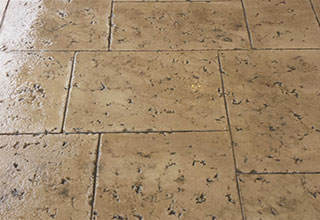 Stampable overlays are similar to stamped concrete where a design texture is stamped into the wet surface. Stamped concrete is done with newly poured concrete. Stampable overlays are cement based epoxy coatings applied onto an existing concrete slab. As the epoxy is applied it is stamped (imprinted) with a textured design that will mimick the look of brick, stone, wood or tile. This technique combining stamping & coloring with stains & dyes can achieve a natural look indistinguishable from actual brick, stone, wood & tile. Stampable overlays range from ¼ to ¾ inch thick. Thicker layers offer more defined textures and patterns.
Stampable overlays are similar to stamped concrete where a design texture is stamped into the wet surface. Stamped concrete is done with newly poured concrete. Stampable overlays are cement based epoxy coatings applied onto an existing concrete slab. As the epoxy is applied it is stamped (imprinted) with a textured design that will mimick the look of brick, stone, wood or tile. This technique combining stamping & coloring with stains & dyes can achieve a natural look indistinguishable from actual brick, stone, wood & tile. Stampable overlays range from ¼ to ¾ inch thick. Thicker layers offer more defined textures and patterns.
Epoxy Primers & Topcoats
Professionally applied epoxy floor systems are installed as several layers with the epoxy layer sandwiched between a primer coat & topcoat. The bottom layer primer coat seals the concrete & acts as a moisture barrier, protecting the epoxy bond from beneath and preventing buckling & bubbling. The epoxy coats are applied onto the primer with a single layer or several layers depending on the circumstance. On top of the epoxy goes a clear urethane topcoat which adds durability & UV protection.
Contact Gemini Floor Services today to schedule a free estimate on your epoxy floor installation in Brooklyn & New York’s metro area. 718-690-3435
